Last updated on June 10, 2025
A film by Mascha Schilinski
With: Luise Heyer, Lena Urzendowsky, Claudia Geisler-Bading, Lea Drinda, Hanna Heckt, Laeni Geiseler, Florian Geißelmann, Andreas Anke, Susanne Wuest, Gode Benedix
Over the course of a century, as four girls from different time periods experience their youth on a German farm, their lives become intertwined until time seems to dissolve.
Our rate: ***
Mascha Shilinski‘s second film is a powerful one, and there’s no doubt that Sound of Falling will speak to Reygadas, and probably to Juliette Binoche. The reason we go to festivals year after year, with an enthusiasm that not even the 7 a.m. box office can dampen (and yet), is precisely because the selection committees dare to make such proposals. It’s not that Sound of Falling is a delightful film – in fact, it’s quite the opposite – but it is driven by the noblest of artistic intentions, that of embarking on an oh-so-risky project, breaking all narrative and directorial codes, striving for a few radical concepts, in an experimental and sensory logic. Ostensibly, the young director distances herself from the Academic Cinema Schools canons, from the rules of script continuity, seeking to propose a new narrative path, as visionary artists can. Almost all cinematographic grammar is revisited, to the point where one wonders about the virginity of inspiration. These images, sometimes subjective (the eye of a protagonist) sometimes sensory (a reverie, a sensation), this music never accompanying or underlining but always perfectly integrated with what we see, feel, through the prism of the character, this narrative labyrinth, these bridges between eras and situations integrated in the form of almost natural, multidimensional transitions, wouldn’t we already have felt them with the late Lynch? The poetry and reflection on Death, the constant play of chiaroscuro (magnificent photographic work, particularly on light), the square image, are reminiscent of the experiments so dear to Reygadas (Post Tenebras Lux)? The tenebrous force, the grip of a destiny that eludes its characters and condemns them, like a never-ending motif, the drowning that recurs as an escape, and above all, the search for a multiple image texture, as a common thread, that can allow the attentive spectator (after several viewings, to reconstruct the puzzle here rendered in its most raw, shattered form, the pieces in disarray), wouldn’t we be in Tarkovsky‘s Mirror or even Sacrifice? The reflection on Germany, from the 1900s to the present day, this journey through an era with a house and a family as a common motif, could it not be that Haneke’s influence is making itself felt? The carefully crafted sound design, also designed to convey sensations but also to play the role of landmarks, the suggestion of ghosts, the interchanging omniscient narrators, sometimes even coming from the beyond, could we not be verging on the genre favored by Kyoshi Kurosawa or even Ari Aster? Beginning critics, as well as the most experienced, can easily add to this list in an almost infinite number of ways, leaving us to speculate on an opposing impulse: What if Mascha Shilinski had simply disregarded all rules, all precepts, all excessively restrictive preparatory work and instead relied on his instinct, writing his film like a piece of free jazz, starting with a few sensory ideas and, like Godard, testing them as he goes along, in a vertiginous process of tidying them up, to deliver not the overall portrait on which we, the viewer, could put a name, but, on the contrary, his reflection in a mirror, broken, shattered, shining with a thousand lights and constantly reminding us of the fragility of existence. Sound of Falling cannot leave you unmoved, and to truly perceive it in its entirety, like the latest Tarkovsky or the best Lynch, a single viewing is not enough to completely freeze your opinion. Certainly, it’s not a question of trying to understand, but of losing oneself in this infinite understanding; certainly, the viewer is asked to make a constant effort to sort out the natural from the supernatural. What remains is this particular rhythm, this strange sensation that the film makes the viewer experience, inviting him to share in the darkness of every moment, which leads to questions, and this central theme that also escapes trivial analysis: is there a moral to Sounds of Falling? Who’s falling? The fact that we can’t fully answer this simple question means that we can’t say that the essay is a masterpiece, but we could revise our judgement at a later date, when, beyond the initial aesthetic, we’ll have taken the time to dissect this singular assemblage once again.

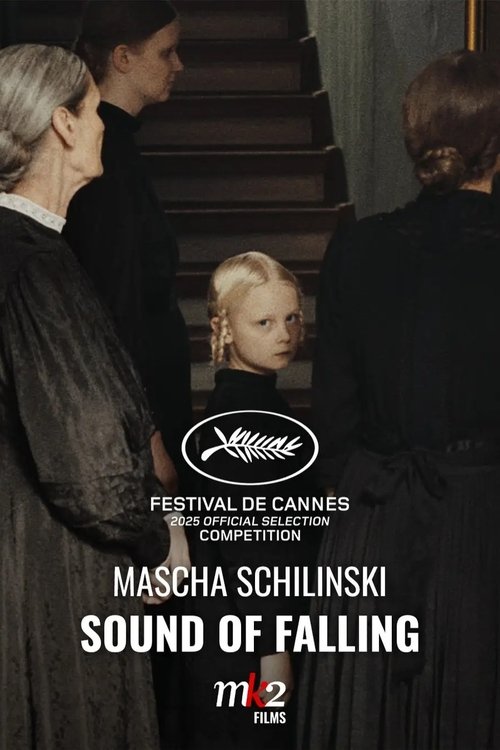

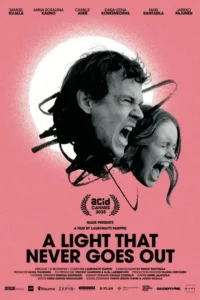
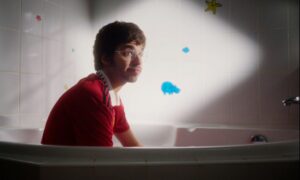
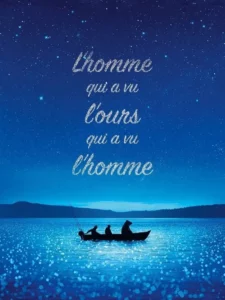

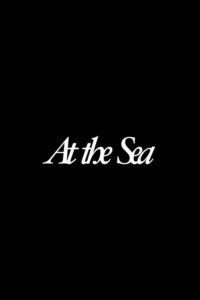

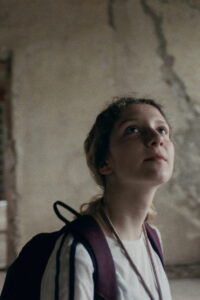
Be First to Comment